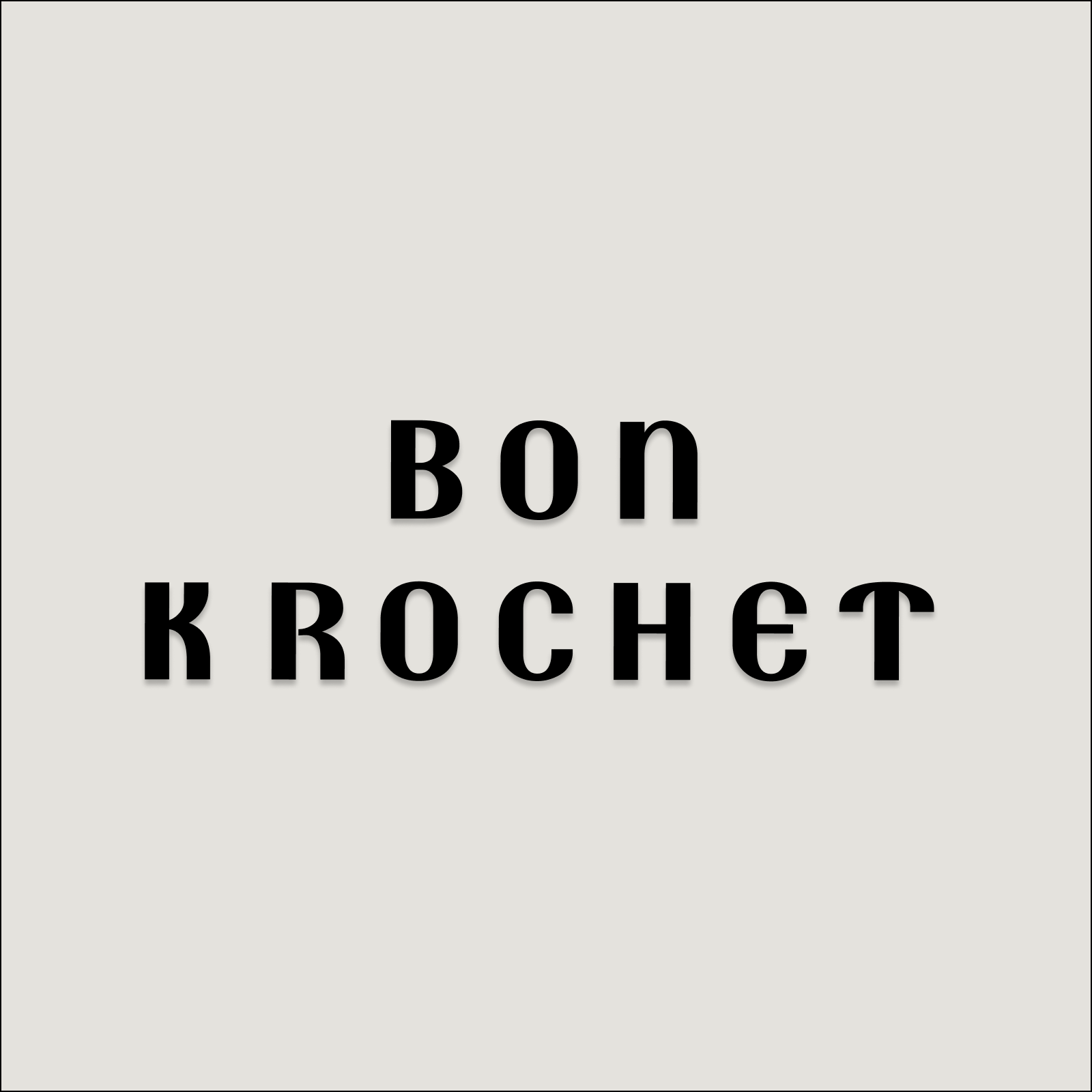2025 Zero Waste Guide for Beginners: From Concept to Practice
- Bon Krochet

- Feb 4
- 3 min read
Updated: Apr 29

The zero waste lifestyle is your pathway to reducing waste and living sustainably in 2025. Zero waste is more than a buzzword—it’s a commitment to minimizing environmental impact through thoughtful consumption and waste management. This beginner-friendly guide explains the concept and provides actionable steps to kickstart your zero waste journey.
Understanding Zero Waste
Zero waste seeks to eliminate waste sent to landfills, incinerators, or oceans by prioritizing reduction, reuse, and recycling. Popularized by Bea Johnson, the movement is built on the "5 Rs": Refuse, Reduce, Reuse, Recycle, and Rot (compost). With global waste expected to hit 3.4 billion tons annually by 2030, embracing zero waste in 2025 is both timely and impactful.
For beginners, zero waste is about progress, not perfection. Small, intentional changes in your daily routine can significantly reduce your environmental footprint and inspire others to follow suit.
Practical Steps to Start Your Zero Waste Journey
1. Refuse What You Don’t Need
Decline single-use plastics, promotional freebies, and excess packaging. Carry a reusable tote, water bottle, and coffee cup to replace disposables. In 2025, many retailers and cafes incentivize zero waste habits with discounts for using your own containers.
2. Reduce Consumption
Evaluate your purchases and prioritize quality over quantity. Choose versatile products, like a shampoo bar that doubles as body wash. Declutter responsibly by donating or repurposing items instead of throwing them away. The zero waste approach promotes mindful shopping to curb overconsumption.
3. Reuse and Repurpose
Switch to reusable alternatives like cloth napkins, bamboo cutlery, or glass jars for bulk shopping. Transform old clothes into cleaning rags or tote bags. In 2025, platforms like Freecycle and local Buy Nothing groups make it easy to exchange or share reusable items.
4. Recycle Correctly
Recycling rules differ by region, so familiarize yourself with local guidelines. Clean and sort materials to prevent contamination. Explore 2025 recycling innovations, like TerraCycle’s zero-waste boxes for hard-to-recycle items, to expand your zero waste options.
5. Compost Organic Waste
Food scraps and yard waste contribute significantly to household trash. Start composting with a backyard bin or a countertop worm composter. Many urban areas in 2025 offer municipal composting programs, making zero waste accessible even for apartment dwellers.

Tools and Resources for 2025
Reusable Kits: Brands like Package Free and ZeroWasteStore offer zero waste starter kits with stainless steel straws, beeswax wraps, and produce bags.
Bulk Shopping: Locate bulk stores using apps like Bulk Finder and bring your own containers for grains, spices, and detergents.
Digital Communities: Engage with zero waste communities on X or Reddit’s r/ZeroWaste for tips and motivation. Virtual zero-waste challenges in 2025 foster accountability.
Compost Tech: Devices like Lomi’s electric composter simplify organic waste processing for zero waste beginners.
Overcoming Challenges
Embarking on a zero waste lifestyle can feel daunting, especially when convenience is king. Start small—focus on one area, like your kitchen or bathroom—and expand gradually. On a budget? Thrift stores and DIY solutions, like homemade cleaners, keep costs down. Short on time? Prepare reusables in advance to streamline your routine.
Why Zero Waste Matters in 2025
Adopting a zero waste lifestyle reduces landfill methane emissions, conserves resources, and supports a circular economy. With initiatives like the EU’s 2025 single-use plastic ban and advancements in compostable packaging, your efforts align with global sustainability goals. Plus, zero waste saves money by minimizing reliance on disposables and encouraging mindful consumption.
Take the First Step
Your zero waste journey begins with one simple action. Refuse a plastic straw, shop with a reusable bag, or compost your coffee grounds. The zero waste guide for 2025 is about creating habits that suit your lifestyle while contributing to a healthier planet. Embrace the journey, celebrate small victories, and watch your impact grow.



Comments